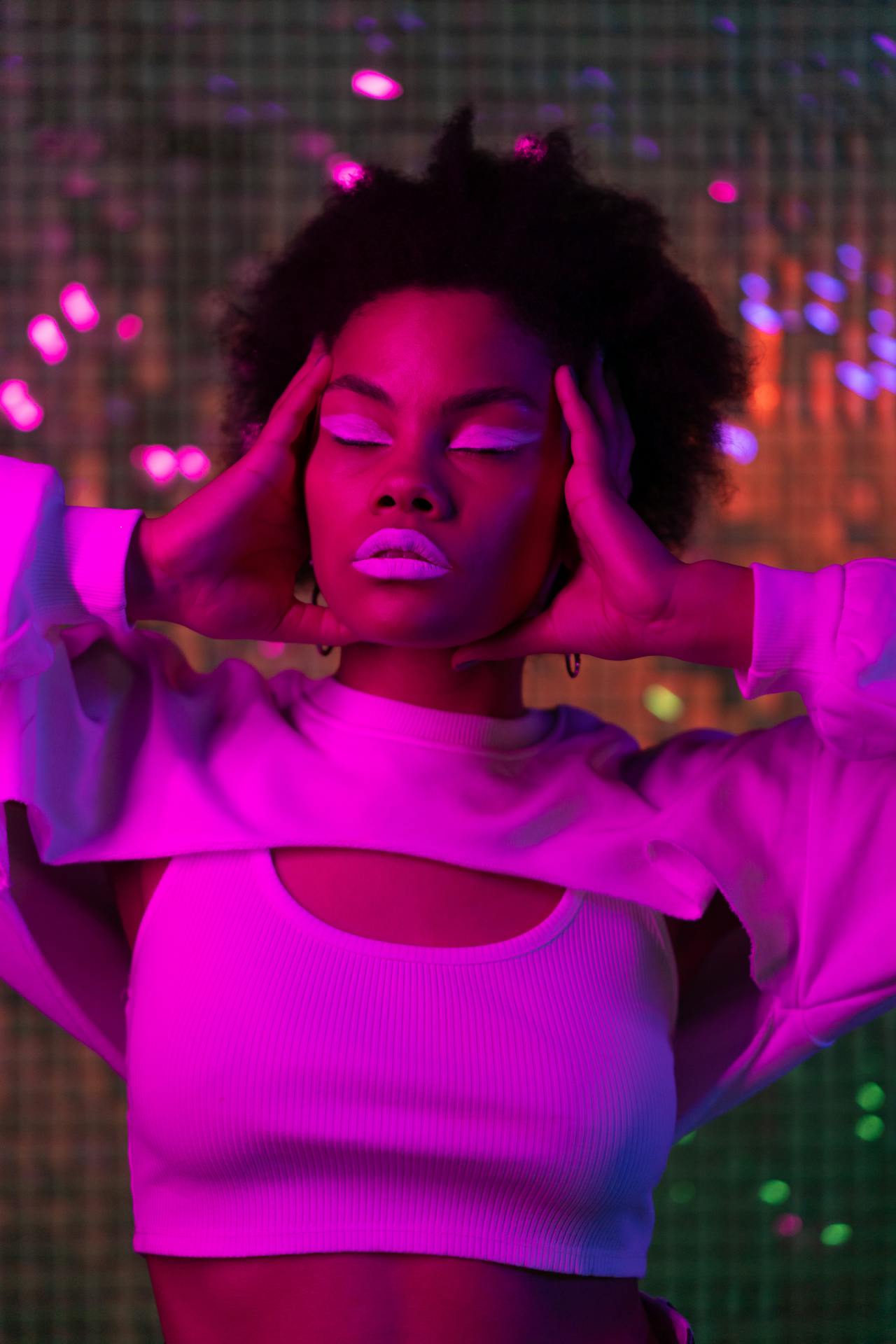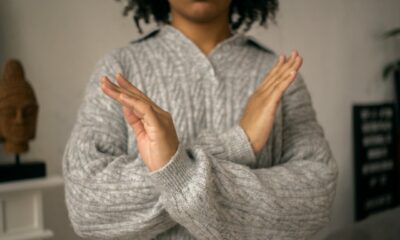Features
Udochi Mbalewe: The Weight of Want, Shame & Repressed Desires
…it tormented me, wild thoughts, quiet thoughts, unhinged thoughts, thoughts with no walls.

I remember the first time I felt ashamed of desire. I was eight, sprawled across my bed, my small hands exploring the softness of my own body. The discovery was instinctive and innocent. But when my mother walked in, her face tightened. A single glance was enough to shrink me. She didn’t say a word. She really didn’t have to.
Even if she was, how would she even say it? “Daddy, Olenna… Olenna was doing something to herself.”
“What thing?”
“Ermm… the things adults do to their body… between men and women.”
Or maybe she wouldn’t bother with delicacy. Maybe she would blurt it out, loud and exaggerated, the way things were often said by my mum, exposing me before I had words for what I’d done. But then, I wonder: would she feel shame too? The shamer and the shamed, tangled in the same silence.
That silence bloomed, wrapping itself around my body like a second skin. I avoided her for days. I was “Daddy’s Olenna”, the child who could do no wrong. These things weren’t supposed to cross my mind, let alone my hands. I feared she would tell my father, that I would see it, disappointment, etched into his face. That, I could not bear.
It’s funny how something nameless can have such power, how it moves through your mind but cannot be spoken. Or maybe I’m just too meek. We are a meek Catholic family. Shame is our inheritance.
Years later, in university, I lay awake in a cramped hostel, desire pressing against my skin. My roommate sighed in sleep beside me, oblivious. I clenched my thighs and turned to the wall. The lesson had been absorbed: want is dangerous, desire must be swallowed. But it tormented me, wild thoughts, quiet thoughts, unhinged thoughts, thoughts with no walls.
But it wasn’t always like this. In pre-colonial Africa, sexuality was not tethered to sin. In certain Igbo communities, female pleasure was recognised, even celebrated. There were no Victorian-era whispers branding women’s bodies as passive, their pleasure as nonexistent. Then came the missionaries, the colonialists, the reshaping of our stories. Women became vessels. Their desires were erased. Their sexuality is repurposed for control and procreation.
But history does not absolve the present. Today, we exist in a contradiction: hypersexualised yet ashamed, desired yet denied agency. We are saints and sinners, virtuous mothers and wanton temptresses. There is no space for the in-between, for the simple truth that women, like men, crave, ache, and burn.
And yet, some women refuse to carry this silence. I watch them — the ones who dare to speak, to name their desire, to expose their ‘non-value’ in a world that punishes them for it. I wonder: “Who raised them? Who are their parents? Were they born with this audacity? Or is it rebellion, masquerading as strength?”
Motherhood did not strip me of desire, but it reshaped it. My body, once a site of self-discovery, became a source of nourishment for another. The first time I felt arousal after childbirth, I recoiled. How could I inhabit both roles — a mother, a woman with needs? The world had no language for this duality. I searched for answers, but the silence was deafening.
It is a silence we inherit, a silence we are taught to maintain. Even medicine betrays us. For decades, female pleasure was a mystery, the clitoris omitted from anatomy textbooks, and our orgasms reduced to myth. Women faked it not only in bedrooms but in history books, their pleasure written out of existence.
I no longer want to participate in this erasure. My body is mine. My desire is mine. It pulses beneath my skin, a rhythm both ancient and new. And so, I choose to name it, to claim it, to say I want. I hunger. I feel. And the more I embrace this truth, the less shame has power over me. Perhaps that is the real transgression: the act of owning what was meant to be hidden.
***





















